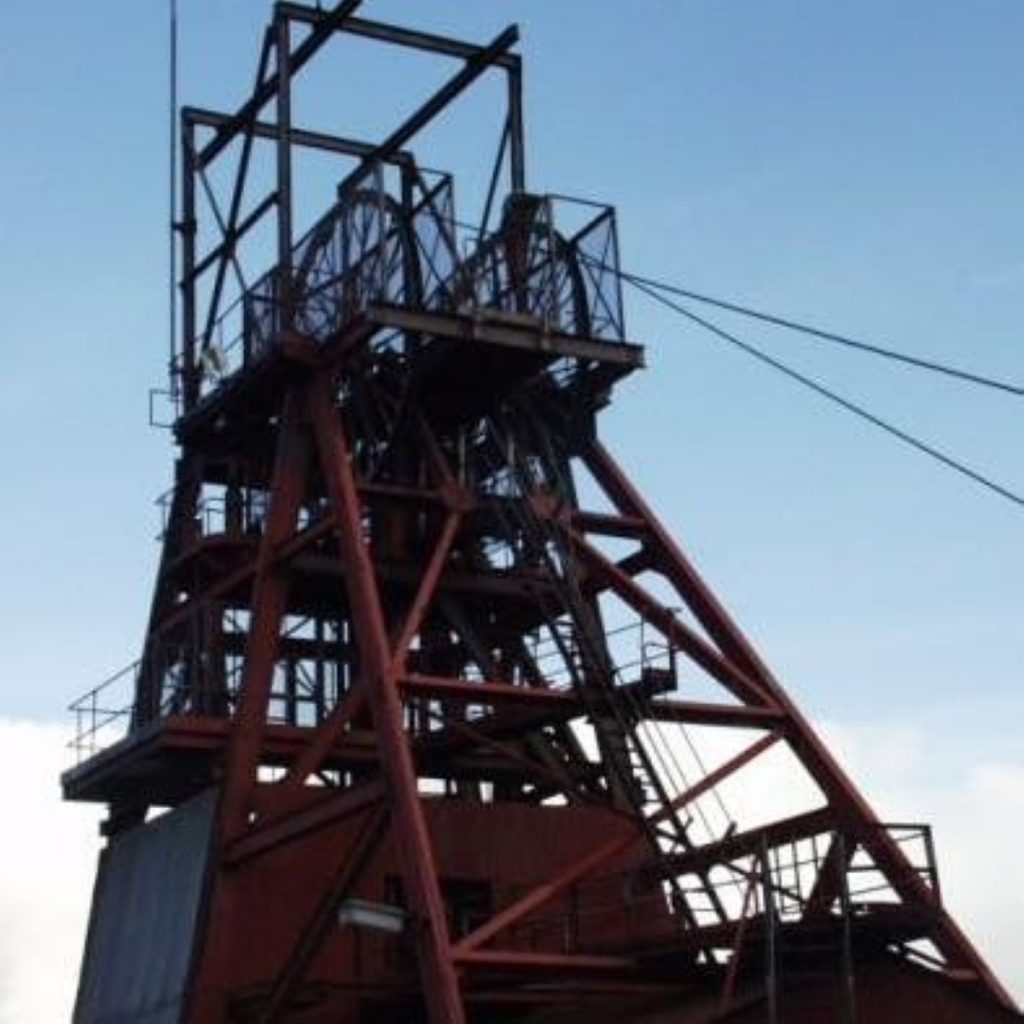Blair told miners lost ‘millions’ to solicitors
A scheme intended to compensate injured miners is being exploited by some solicitors firms, a Labour peer and former miner alleged today.
Lord Lofthouse has been conducting an investigation into claims of double charging and today handed a report to the prime minister concluding that some firms have taken donations from miners while also accepting government fees – effectively being paid twice for winning compensation cases and reducing miners’ compensation packages.
At least two firms have made £100 million, Lord Lofthouse said, while miners have lost out through voluntary legal fees. He argues firms should now feel “shamed” into returning donations from miners.
“It’s immoral, when men have worked down the mine all their life, they’re suffering from this dreadful disease, when the government’s been generous,” He told the BBC’s Today programme.


“I’ve spent a lot of time over this last 30 years, I presented five bills in the House of Commons on this subject. I haven’t worked all these years to fill the pockets of greedy solicitors.”
The Department for Trade and Industry (DTI) are already aware of the issue and Mr Blair confirmed today that an investigation is ongoing.
A DTI spokesperson insisted the department was “doing everything it possibly can” to contact affected miners and help them reclaim fees. However, because it is a “moral issue not a legal issue,” there is little it can do to force firms to repay fees.
A report from the DTI in December said some claimants “appeared to have been invited” to make contributions to solicitors without it being made “crystal clear” that this was a choice.
In February the Law Society wrote to senior managers at the law firms involved and urged them to repay the fees.
The compensation scheme, which makes monetary payments to miners for injuries such as chronic lung disease, has so far paid out £3.4 billion to some 760,000 former employees of British Coal.
The energy minister Malcolm Wicks described this as a “debt of honour”, adding it would eventually rise to £5 billion by the close of the scheme.












